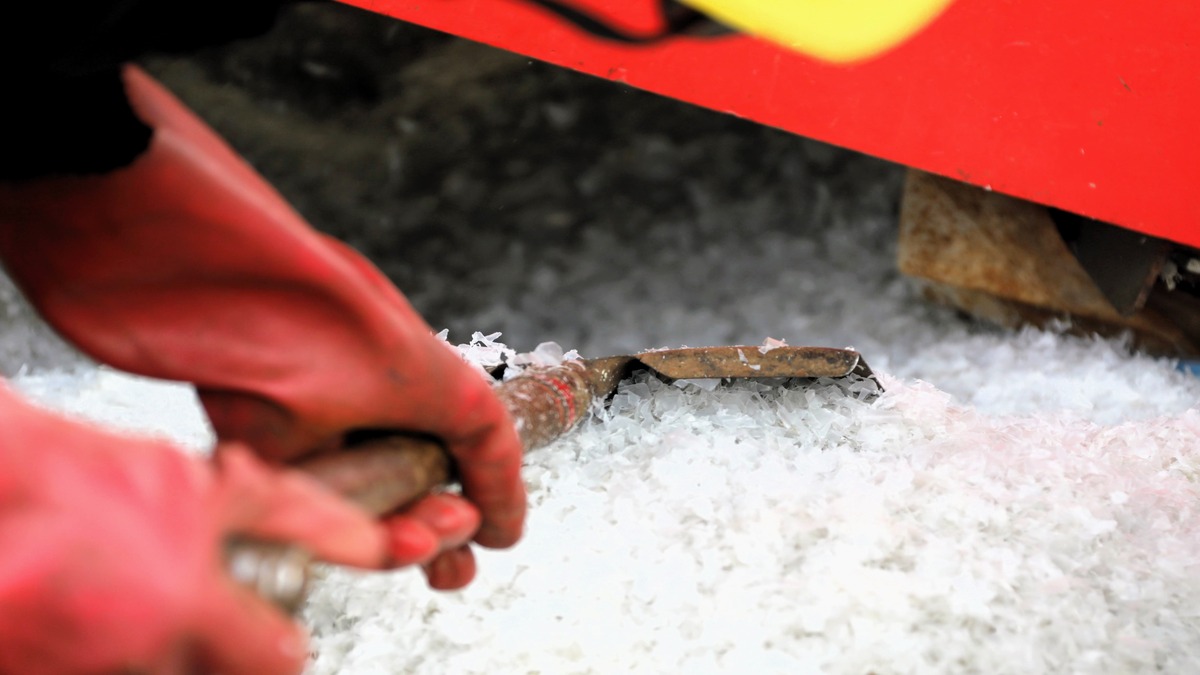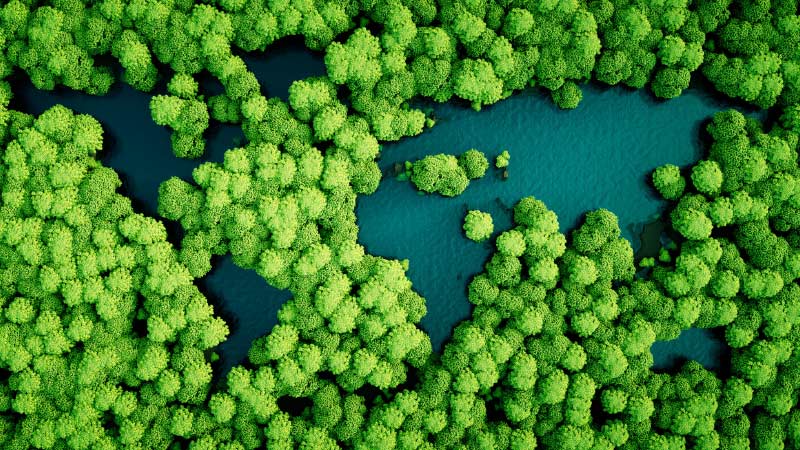
IISD Trade Hub session
Plastic pollution affects all countries and occurs across the life cycle of plastics, with negative impacts on ecosystems on land and in the marine environment. Further, plastic pollution affects public health and economic sectors from fisheries and agriculture to manufacturing and tourism. The plastics sector also contributes significantly to global greenhouse gas emissions. Over the past 60 years, plastics production has increased 230-fold from 2 million metric tonnes (Mt) in 1950 to 460 million Mt in 2019. Plastic pollution has also been increasing, with stocks of accumulated plastics in rivers and oceans projected to triple more than from 140 Mt in 2019 to 493 Mt in 2060.
The WTO Dialogue on Plastics Pollution (DPP) was established in 2020 and now brings together 76 WTO Members, representing over 75% of global plastics trade. At the Thirteenth WTO Ministerial Conference (MC13), the DPP cosponsors are expected to update on the progress of their work, commitments to concrete actions, and pathways forward for their work. A ministerial statement, prepared in advance of MC13, has highlighted the role of data transparency in plastics trade, the important role of environmentally sound, safe and effective non-plastic substitutes and alternatives, as well as the key role of trade-in-services which prevent and mitigate plastic pollution.
The work of the DPP highlights growing recognition of the relevance of trade to international efforts to end plastic pollution. In addition to the numerous challenges associated with trade in plastic waste, international trade plays a key role in diffusion of plastics and plastic products globally. Cooperation on trade policies will be critical to transforming the plastics sector and global supply chains, including by reducing and eliminating trade in harmful and problematic plastics and plastic products and in promoting coordination and transparency on trade flows, standards and regulations key to tackling pollution. Trade will also have a role to play in the diffusion of environmentally sound technologies and services to address plastic pollution as well as environmentally sound and safe non-plastic substitutes. A crosscutting priority will be to ensure trade-related capacity-building and adequate financing to support developing countries to harness trade and trade policies to support their plastic pollution policies.
This session will bring together trade delegates and stakeholders to highlight where trade-related cooperation can support global efforts to end plastic pollution across the full life cycle of plastics. It will focus on progress in discussion of trade-related dimensions in the DPP and within the context of ongoing negotiations for a global plastics treaty to address plastic pollution.
Panelists will also discuss the concrete actions that DPP members could take, collectively and individually, on the road to MC14, to address plastic pollution through trade-related measures. A core theme of this panel will be how cooperation at the WTO can inform and support progress in the negotiations for a new legally binding instrument to end plastic pollution, bridging the world’s environmental and trade regimes.
Trade rules to protect the natural world: How do we allocate the burden of change?
Moderator and welcome remarks:
- Dr. Carolyn Deere Birkbeck, Executive Director, Forum on Trade, Environment & the SDGs (TESS)
Panel speakers:
- H.E. Mr. Ryad Mezzour, Minister of Industry and Trade of the Kingdom of Morocco
- Ms. Chantal Line Carpentier, Head, Trade, Environment, Climate Change, and Sustainable Development Division on International Trade and Commodities, UNCTAD
- Mr. Aik Hoe Lim, Director, Trade and Environment Division, WTO
- Isabel Jarrett, Senior Manager, Preventing Ocean Plastics, The Pew Charitable Trusts
There is some issue in accessing document path, Please contact to Site Admin
There is some issue in accessing document path, Please contact to Site Admin
Related
Topic
 Trade and environment
Trade and environment
Programme
Project
Event
- Enabling a Just Transition: Trade and industrial policy options for developing countries on climate action and principles for cooperation
- 10th Trade Policy Dialogue: Key issues on the trade and environment nexus; Trade measures in Nationally Determined Contributions and trade in non-plastic material substitutes
Contact
David Vivas Eugui, Chief of Section, a.i. David.vivaseugui@unctad.org
Henrique Pacini, Henrique.pacini@unctad.org



